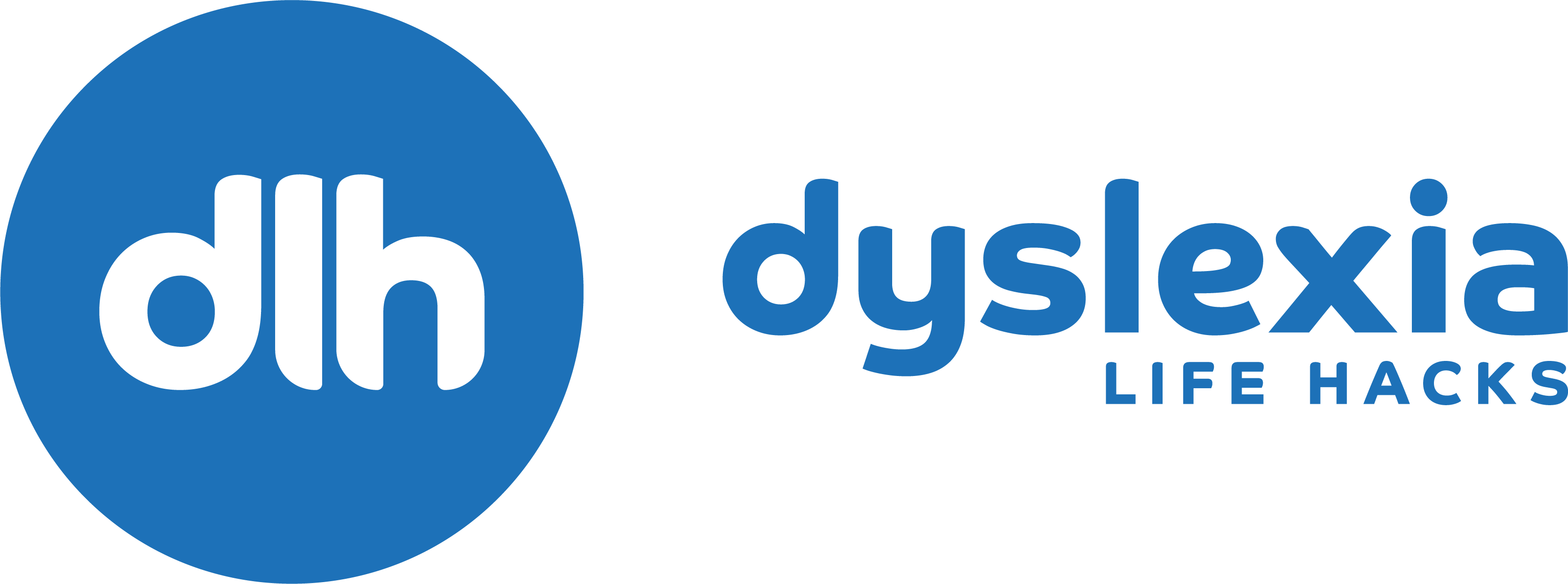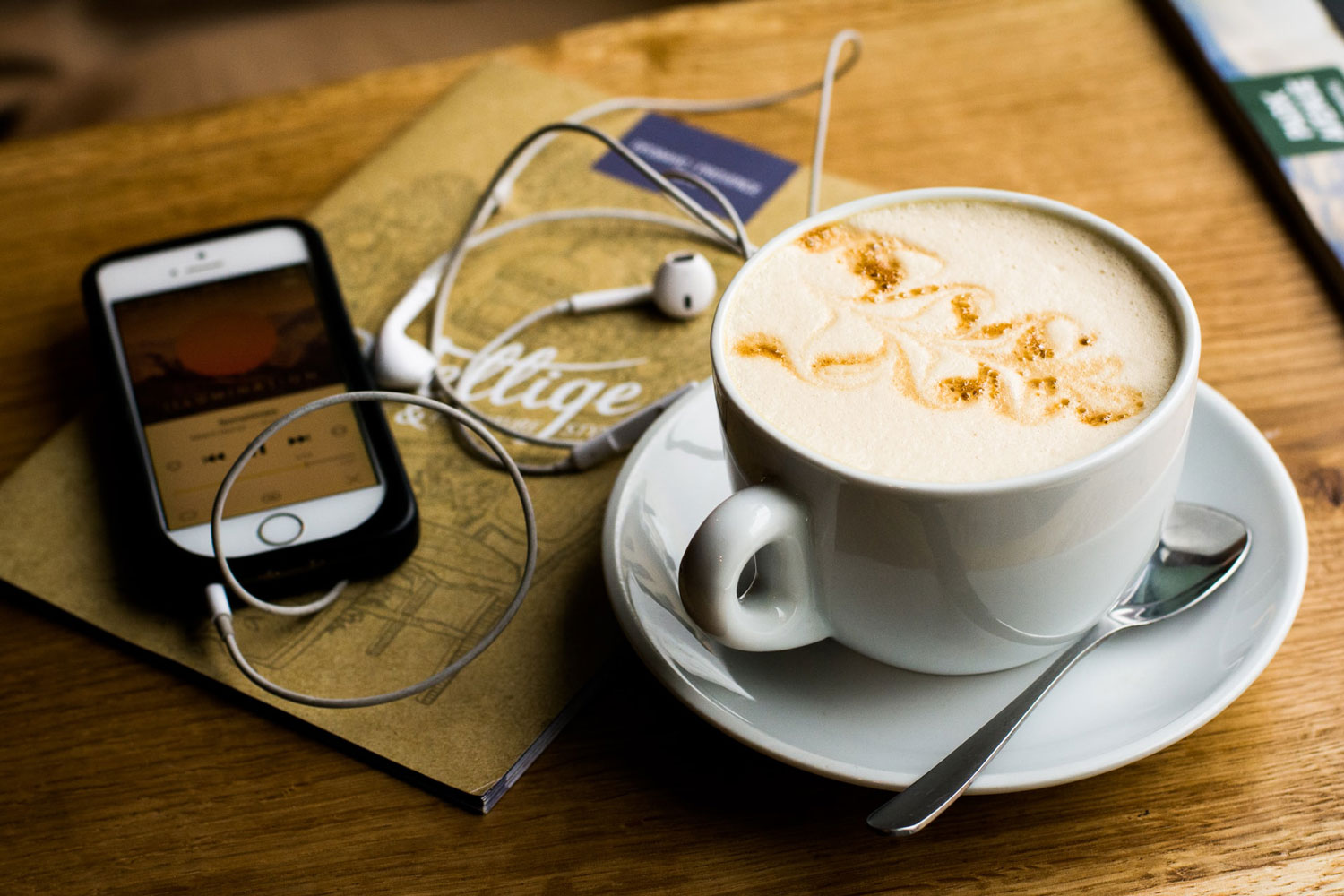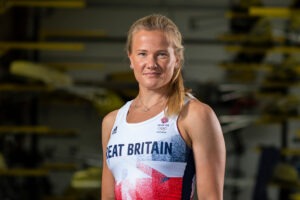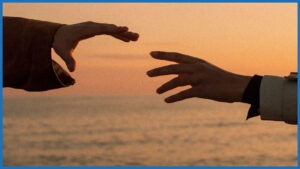Audiobooks are a great gateway when reading is not your forte or if you are trying to improve your reading you can listen to what has been said as well as following along with the physical booking. There are thousands of titles out there to suit any taste and all the key fiction and non-fiction books are covered. I cannot recommend this enough as a way of consuming really enjoyable literature and learning new things.
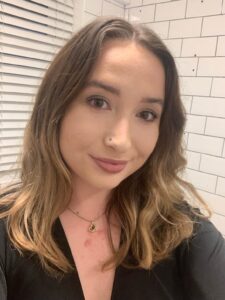
Episode 41 – Armelle McGeachie Founder of Girls with Dyslexia
In this episode of The Dyslexia Life Hacks Show, Matt is talking to Armelle McGeachie, founder of Girls with Dyslexia.
During this podcast you will find out that Armelle had a feeling that she was dyslexic from a very young age, but did get a diagnosis until age 21. Interestingly, she had already been employing lots of dyslexic, friendly tactics that she had found through self-discovery during her time at school, particularly during her GCSEs. But having the official diagnosis allowed her to get the appropriate coaching, making her final year of university a lot easier.
